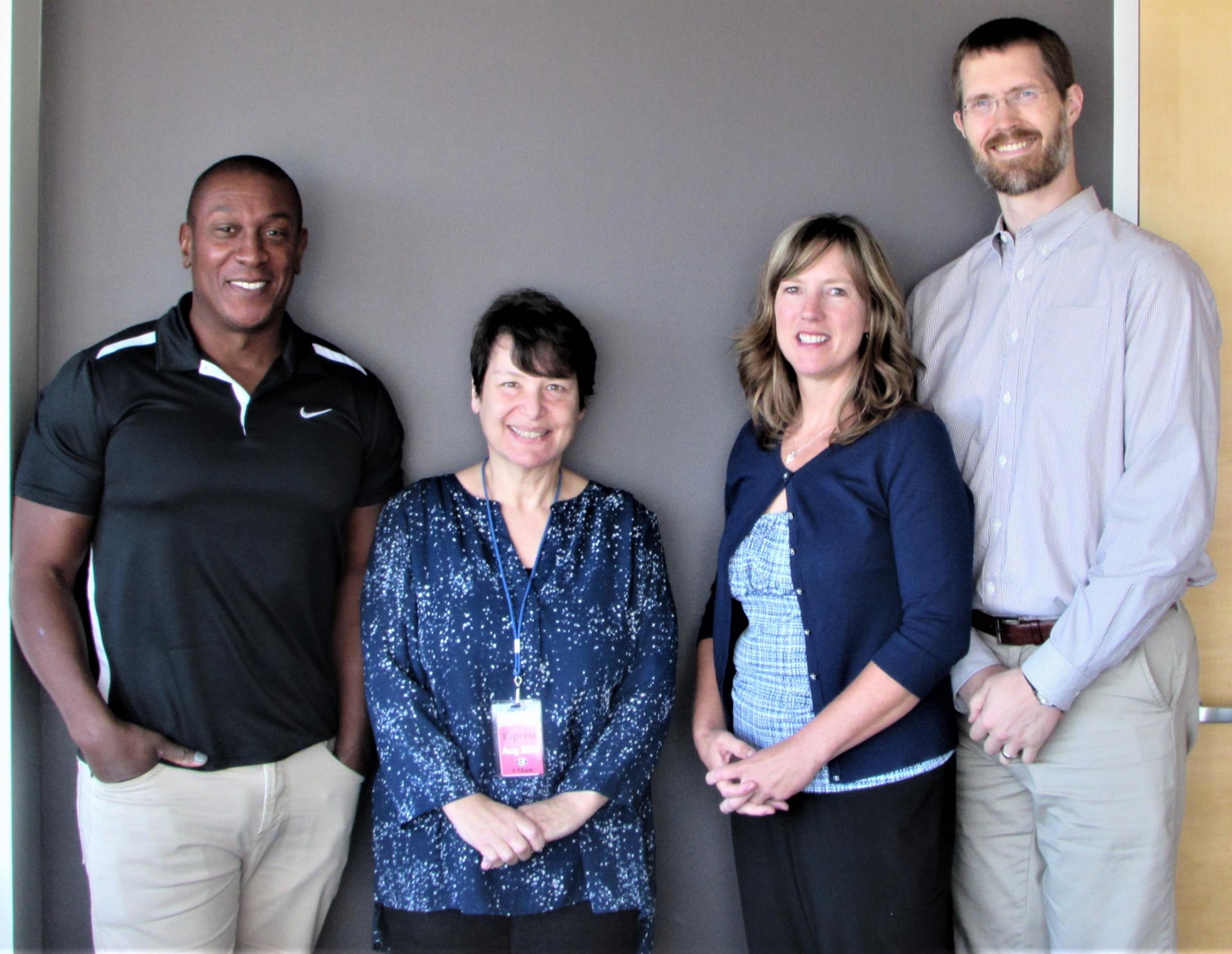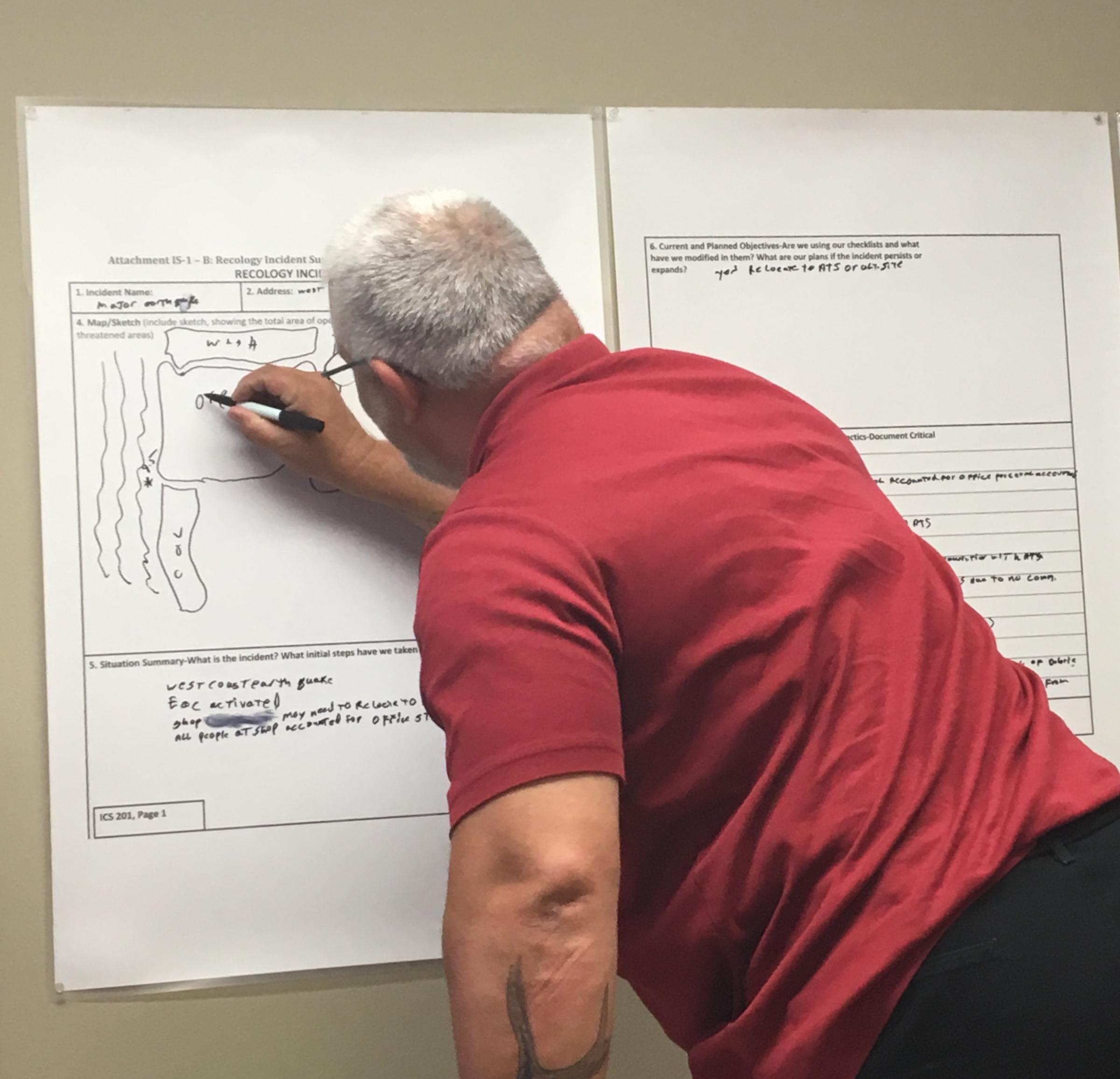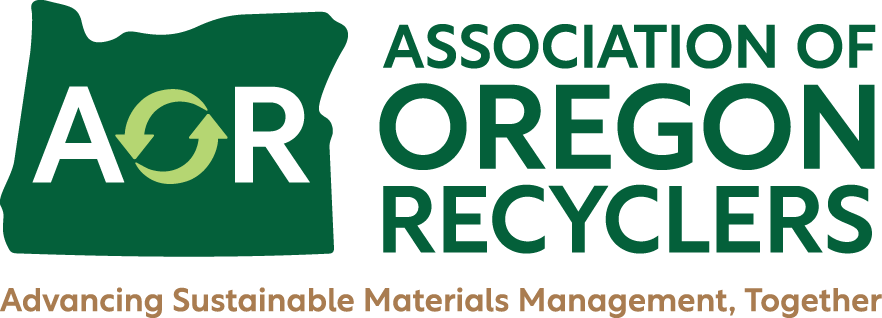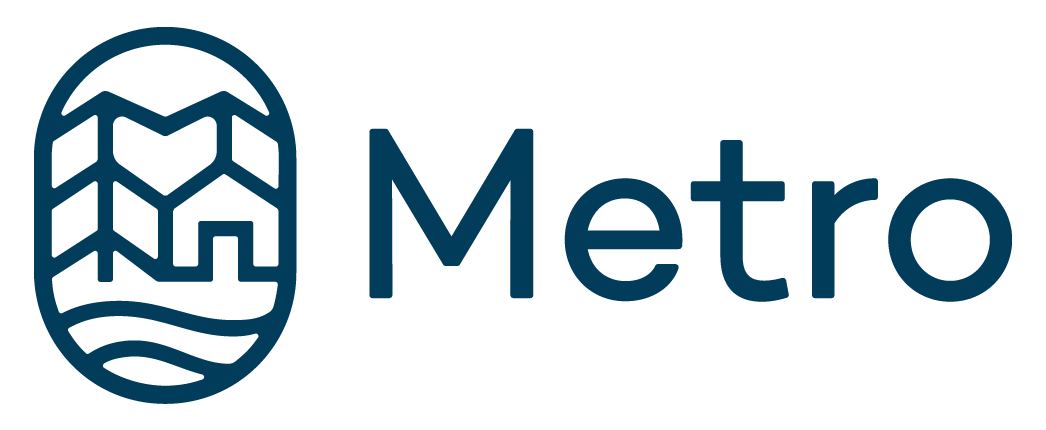September is National Preparedness Month!
September is National Preparedness Month. FEMA has a wealth of information on their website to help get you and your communities prepared for when disaster strikes. Here in Oregon, AOR has teamed up with ORRA to present two case studies on being prepared for whatever emergency may arise.
An Office Case Study: City of Portland, Bureau of Planning and Sustainability
As most of us know now, Oregon is a hot spot for potential major earthquake. According to scientists, we’re due, and it’s predicted to be a big one. Buildings will crumble, roads will be blocked and supplies will be finite. Emergency preparedness professionals are encouraging citizens and organizations to raise their awareness and take actions to ensure their time after an earthquake is safe and we have what we need.
 The City of Portland’s Bureau of Planning and Sustainability (BPS) is getting ready. The seven-person team consists of (pictured from left to right) Fritz Johnson, Karen Lucchesi, Trisha Schultz, and Paul de Block. Not pictured includes Christine Llobregat, An Le and Krista Gust. The BPS Emergency Preparedness team follows the following principles for the bureau: Encouraging emergency preparedness through action, promoting employee preparedness at work and moving from awareness to action at home.
The City of Portland’s Bureau of Planning and Sustainability (BPS) is getting ready. The seven-person team consists of (pictured from left to right) Fritz Johnson, Karen Lucchesi, Trisha Schultz, and Paul de Block. Not pictured includes Christine Llobregat, An Le and Krista Gust. The BPS Emergency Preparedness team follows the following principles for the bureau: Encouraging emergency preparedness through action, promoting employee preparedness at work and moving from awareness to action at home.
Highlights for the team efforts in 2017 include: Encouragement of individual employee “Go-Bags”, or backpacks filled with water, food and other essential supplies needed after a major event like an earthquake. Placement of 5-gallon buckets filled with emergency supplies, located throughout the office and displaying emergency kits and designated staff on a floor map of the office.
Upcoming activities for the team to increase awareness and action include: Making bureau announcements and raising awareness in the office through outreach efforts, providing all BPS staff with a Go-Bag to keep at their desk and coordinating lunchtime preparedness videos and presentations from the Red Cross.
AOR members, dig in, get ready and encourage your workplaces to be prepared!
A Hauler Case Study: Recology
In keeping with our ongoing commitment to safety and customer service, Recology takes a proactive approach to preparing for a wide range of natural disasters or other emergencies. Each Recology operating company is responsible for maintaining detailed written plans and procedures to ensure the most effective and economical allocation of resources during emergencies. Each locations’ Emergency Operations Plan (EOP) is the result of an extensive planning process and defines incident specific response procedures for staff and employees.
 In addition, all operating companies participate in both regional and companywide semi-annual emergency response exercises. During these exercises, various events such as earthquakes or tsunamis are simulated and all participating companies refer to their site specific EOP to determine the best course of action.
In addition, all operating companies participate in both regional and companywide semi-annual emergency response exercises. During these exercises, various events such as earthquakes or tsunamis are simulated and all participating companies refer to their site specific EOP to determine the best course of action.
In a recent exercise, a tsunami along the Oregon Coast was simulated - Pictured to the left is Scott Miethe of Recology Western Oregon working thru an emergency response simulation using the ICS 201 - which is the FEMA Incident Briefing form.
The EOP allowed the local team to quickly decide how to best evacuate employees and relocate equipment. As the exercise progressed, the team was able to work through simulated requests from the local government for debris management. The team was also able to identify areas of concern that may not have been previously addressed, such as where to fuel when fuel is at a premium.
While it is impossible to fully anticipate all possible contingencies, these exercises provide invaluable training for managers and build organizational capability for making decisions under pressure. Lessons learned from the exercises are incorporated into the annual update to ensure the plan is a viable living document that will guide the Recology’s response to actual emergencies.
Recology EOPs have been developed in accordance with FEMA Comprehensive Guide 101, the National Incident Management System (NIMS), and National Fire Protection Association (NFPA) Standard 1600, Standard on Disaster/Emergency Management and Business Continuity Programs.


